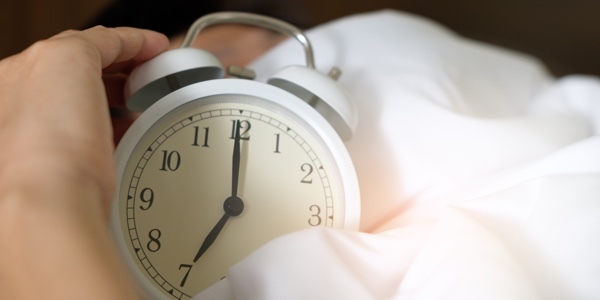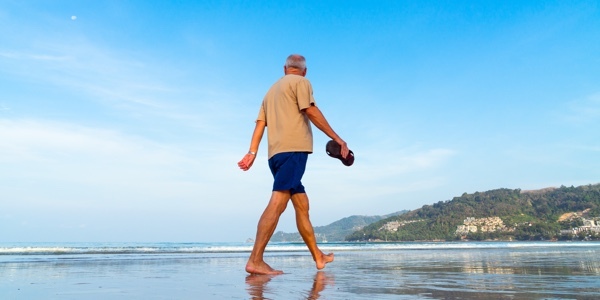Top Tips to Improve your Sleep
Sleep is the gateway to a healthy lifestyle
There is no doubt that sleep is a crucial part of healthy living, but it may have a bigger impact on your overall wellbeing than you think.
According to Headspace, people aged between 12 and 17 should aim to get around 8 to 10 hours of sleep per night. While people over the age of 18 should try for 7 to 9 hours.
They say that getting the right amount of sleep regularly has a range of benefits, like boosting energy levels, improving memory, attention and concentration, reducing cravings for unhealthy foods, helping control stress levels and improving your general mental wellbeing.
Essentially, sleep provides the body with time to relax and repair both physically and mentally, which results in more energy and positivity throughout the day.
Tips to getting a better sleep
Need to sleep better? Here are some simple ways to boost the likelihood of you getting a good night’s rest.
Keep up a healthy sleeping routine
Having a solid and regular sleeping routine can do wonders for your overall mental and physical wellbeing.
While it’s true that day to day activities can differ, it’s important to try and go to bed and wake up at a similar time each day, with a balance between exposure to light and darkness.
According to the International Help Guide, light exposure is a key element in regulating sleep, as it encourages the release of Melatonin, which, when it’s dark makes you sleepy, and when it’s light makes you more alert.
There are simple ways to ensure your body gets the right amount of light each day to encourage a healthy sleep pattern. This could mean spending more time outside in the sunshine, opening a window at home to let in more natural light, cutting down screen time late at night and making sure your room is dark at bedtime.
Do plenty of exercise and be smart about feeding your body
Having a balanced diet and doing regular exercise have been proven to improve sleep, but it’s also about when you do it as well.
South Australia Health encourages regular physical activity to improve sleep, but also warns to avoid doing it too close to bedtime as it may stimulate your body and cause you to feel more active than sleepy.
Similarly, when it comes to eating and drinking, in order to get a better night’s rest, it’s better to stay away from alcoholic or caffeinated drinks, smoking or eating large meals 2-4 hours before bed.
Take the time to wind down and relax
Letting your body relax and become sleepy for a good night’s rest is just as important as being active during the day.
Ensure that your bed is comfortable and that your bedroom is clean and free of distractions that may interrupt your ability to drift off, such as your phone or laptop.
If you are having trouble falling asleep for 20 to 30 minutes after you jump in bed, the Australiasian Sleep Foundation recommends that you get up and move to another darkened room and return to your bedroom once you are feeling sleepy again.
Remember this time away from your bed shouldn’t be used as screen time, instead opt to read a book, do some calming breathing exercises or even meditate to encourage your body to fully wind down and relax.





